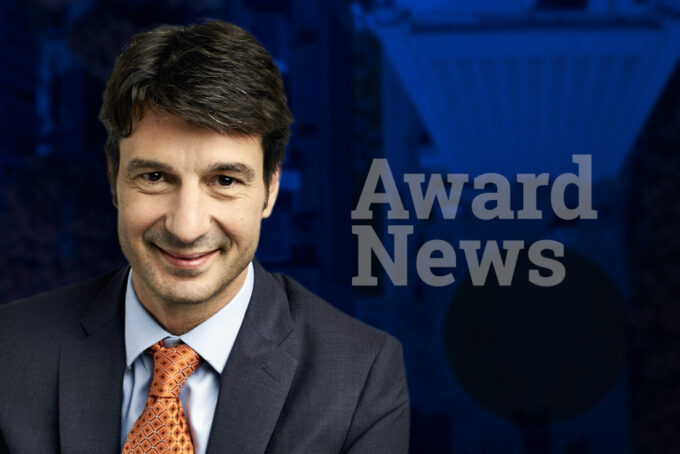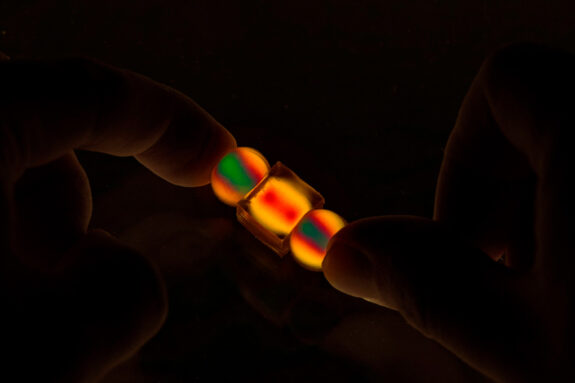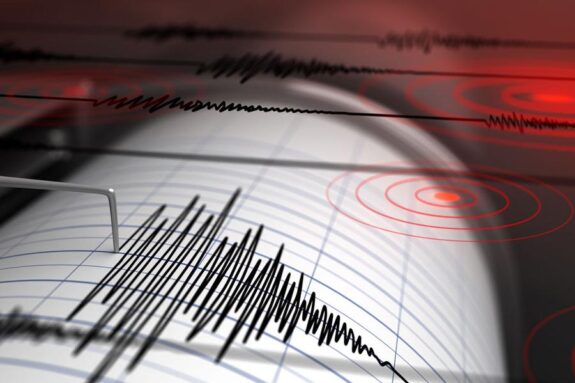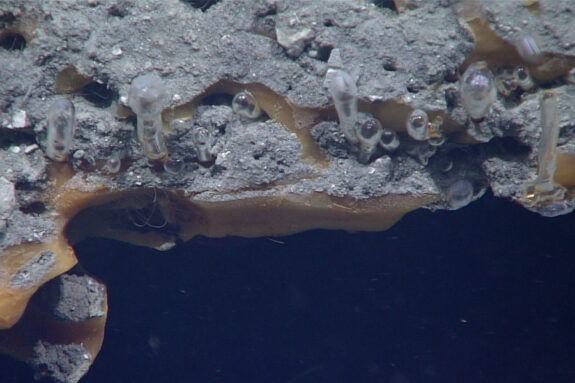Ruben Juanes named American Physical Society Fellow

Ruben Juanes, professor in the Departments of Civil and Environmental Engineering (CEE) and Earth, Atmospheric and Planetary Sciences (EAPS) at MIT, has been elected a 2024 fellow of the American Physical Society (APS).
Election to the APS fellowship is an exclusive honor of professional recognition from peers and recognizes members who have made exceptional contributions to physics through original research, innovative applications, teaching, and leadership. Each year no more than one half of one percent of the APS members, excluding student members, are awarded the status of fellow.
Juanes was selected by the Division of Fluid Dynamics “for fundamental advances — using experiments, innovative imaging, and theory — in understanding the role of wettability for controlling the dynamics of fluid displacement in porous media and geophysical flows and exploiting this understanding to optimize subsurface carbon sequestration technologies.”
“I am truly honored to receive this level of recognition from my colleagues in the physics community for my work in studying the physics of multiphase flow in porous media,” says Juanes. “Being nominated for this award by my peers is incredibly meaningful and rewarding milestone in my career.”
“Becoming an APS fellow is one of the greatest honors bestowed upon faculty in physical sciences and engineering,” CEE Department Head and JR East Professor of Engineering, Ali Jadbabaie says. “We are proud of Ruben’s achievements in the area of geomechanics.”
Juanes Research Group uses a mix of theory, computational techniques, and real-life experiments to establish a fundamental understanding of how different fluids such as oil, water, and gas move through rocks, soil, or underwater reservoirs to solve energy and environmental-driven geophysical problems. His research in carbon sequestration focuses on understanding the long-term behavior of CO₂ once it’s injected, ensuring it remains trapped safely without leaking. His most recent research highlighted critical factors that contribute to earthquake and landslide occurrences and proposed strategies to mitigate seismic hazards. Through his research group’s depth of understanding how fluids behave underground, his work improves technologies like carbon storage, oil recovery, and methane extraction while also providing valuable insights into natural disasters and sustainable water management.
Juanes has won numerous awards for his excellence in geophysical research and teaching, including most recently being named the Kimberly-Clark Distinguished Lecturer of 2024, and selection as a 2023 AGU fellow for his contributions to multiphase flow and geomechanics in porous media.


